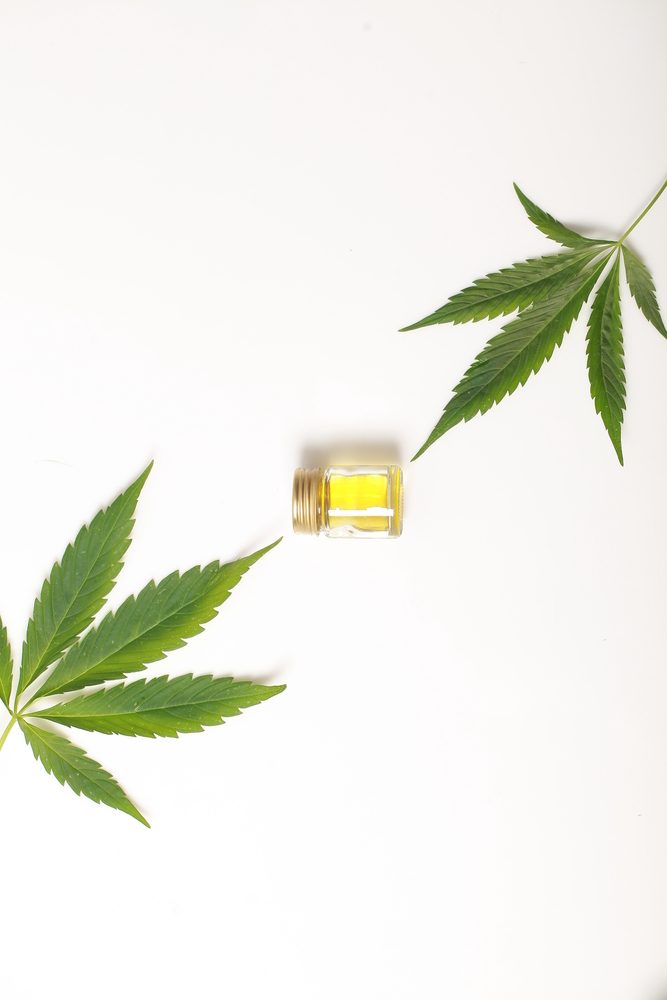U.S, January 29, 2020 (ANALYTICALCANNABIS) Several recent studies have suggested that CBD has an antipsychotic effect in people with existing forms of psychosis. But just how the cannabis compound is achieving this effect has remained unclear. Now, researchers from King’s College London say they may know the answer.
Published in the journal Psychological Medicine, their new study is the first to demonstrate that a single dose of CBD may partially boost activity in two parts of the brain, the prefrontal and mediotemporal cortices, in people with established psychosis.
Regain in the membrane
To source their results, the research group gave 13 people, who had all been diagnosed with psychosis, one 600mg CBD capsule each.
After a few hours, every participant underwent a word association memory test while their brain was scanned with an fMRI machine. To act as a control group, 19 other participants were also scanned under identical conditions, but without any drug administration.
The researchers found that when the participants with psychosis were given the dose of CBD, the activation in their prefrontal and mediotemporal brain areas became more like the activation seen in the control group.
These brain regions are often associated with decision making and conscious memory, and their over- and under-activation have been reported in individuals with schizophrenia, as well as in those at risk.
“Our study provides important insight into which areas of the brain CBD targets,” Sagnik Bhattacharyya, a psychology professor and senior author of the study, said in a statement.
“It is the first time research has scanned the brains of people with a diagnosis of psychosis who have taken CBD and, although the sample is small, the results are compelling in that they demonstrate that CBD influences those very areas of the brain that have been shown to have unusual activity in people with psychosis.”
CBD and psychosis
The study also showed that CBD could improve the connections between the brain’s striatum, which helps to coordinate cognition, and the hippocampus, which has a major role in learning memory. After the one dose of CBD, this functional connectivity in people with psychosis became more like that seen in the control group.
But while the study’s results may be unique, the authors note that it has its limitations, and further, larger trials will still be needed to be properly understand just how CBD is affecting the prefrontal and mediotemporal brain areas.
“The finding that psychotic symptoms may show a trend towards improvement in this group even after one dose of CBD is encouraging, but requires a larger scale clinical trial to investigate if the effects would continue with longer term treatment,” Bhattacharyya continued.
Speaking to Analytical Cannabis in October last year, Dr Amir Englund, a postdoctoral cannabis researcher at King’s College London, also called for more placebo-controlled clinical trials into cannabis’ effect on psychotic disorders, following a major review that found little evidence to support medicinal cannabis use to relieve depression, anxiety, or attention-deficit hyperactivity disorders.
“There might be all sorts of benefits from cannabis,” Englund said. “But the problem we see in research is all the hype that’s being built around cannabis… with that comes a potential for a very strong placebo effect.”
“And that’s one of the key sticking points when it comes to a field like medicinal cannabis research: a lot of studies don’t have a placebo comparison, or [are] based on people who go to dispensaries and use for their own medical conditions and their own self-reports of cannabis.”







